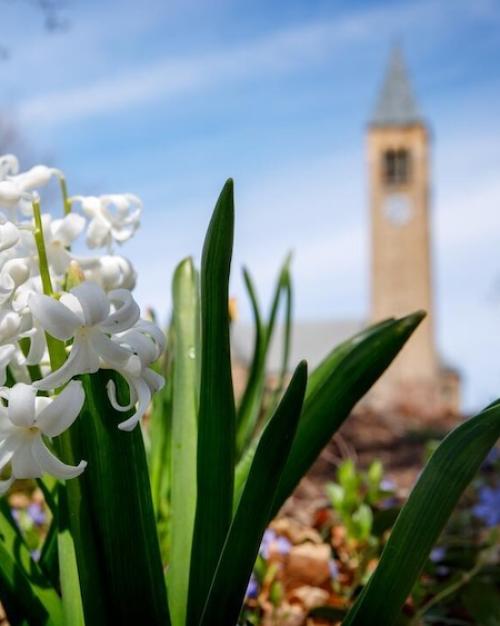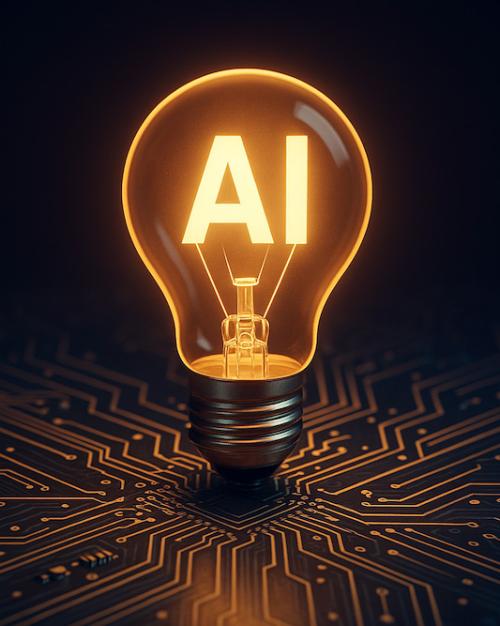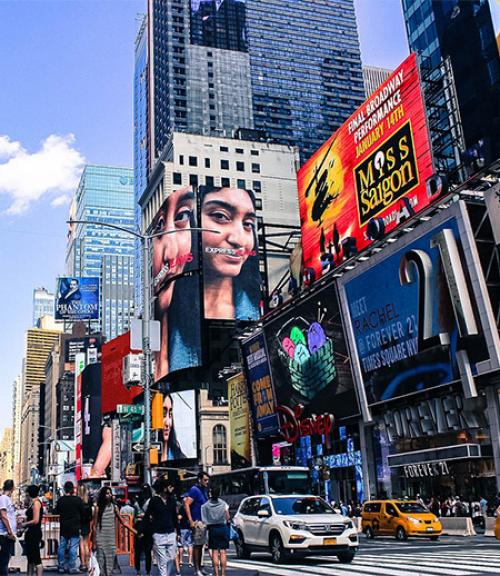What shapes our responses to climate change? Where do sustainability and human culture meet?
The new season of the “What Makes Us Human” podcast and essay series from the College of Arts and Sciences in collaboration with the Cornell Broadcast Studios, titled "Where Is the Human in Climate Change?" will showcase the newest thinking across academic disciplines about the relationship between humans and the environment. Featuring 3-5 minute audio essays written and recorded by Cornell faculty, a new episode will be released each Tuesday through the spring, beginning April 17.
“While many of our grand environmental challenges often depend on breakthroughs in science and technology, they are all also fundamentally human in nature. This podcast season aims to explore that human dimension, which is critical to our future,” said Gretchen Ritter ’83, the Harold Tanner Dean of Arts and Sciences.
“On the one hand, climate change is caused by human activity, but on the other hand, it’s happening at scale that is so much larger than our usual human coordinates, so we have to work to think about where exactly humans fit into the picture,” added podcast producer Caroline Levine, the David and Kathleen Ryan Professor of Humanities.
The new season kicks off with David Lodge, the Francis J. DiSalvo Director of the Atkinson Center for a Sustainable Future and professor of ecology and evolutionary biology, who looks at how human population growth and consumption has changed our environment.
“Humans are the greatest modern ecosystem engineers – dramatically changing all previous ecosystems and creating entirely new, urban ecosystems,” he says in his podcast.
“Where Is the Human in Climate Change?” podcasts will be available for download on iTunes and SoundCloud and for streaming at as.cornell.edu/humanities, where text versions of the essays will also be posted.
This story also appeared in the Cornell Chronicle.




